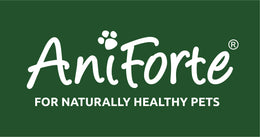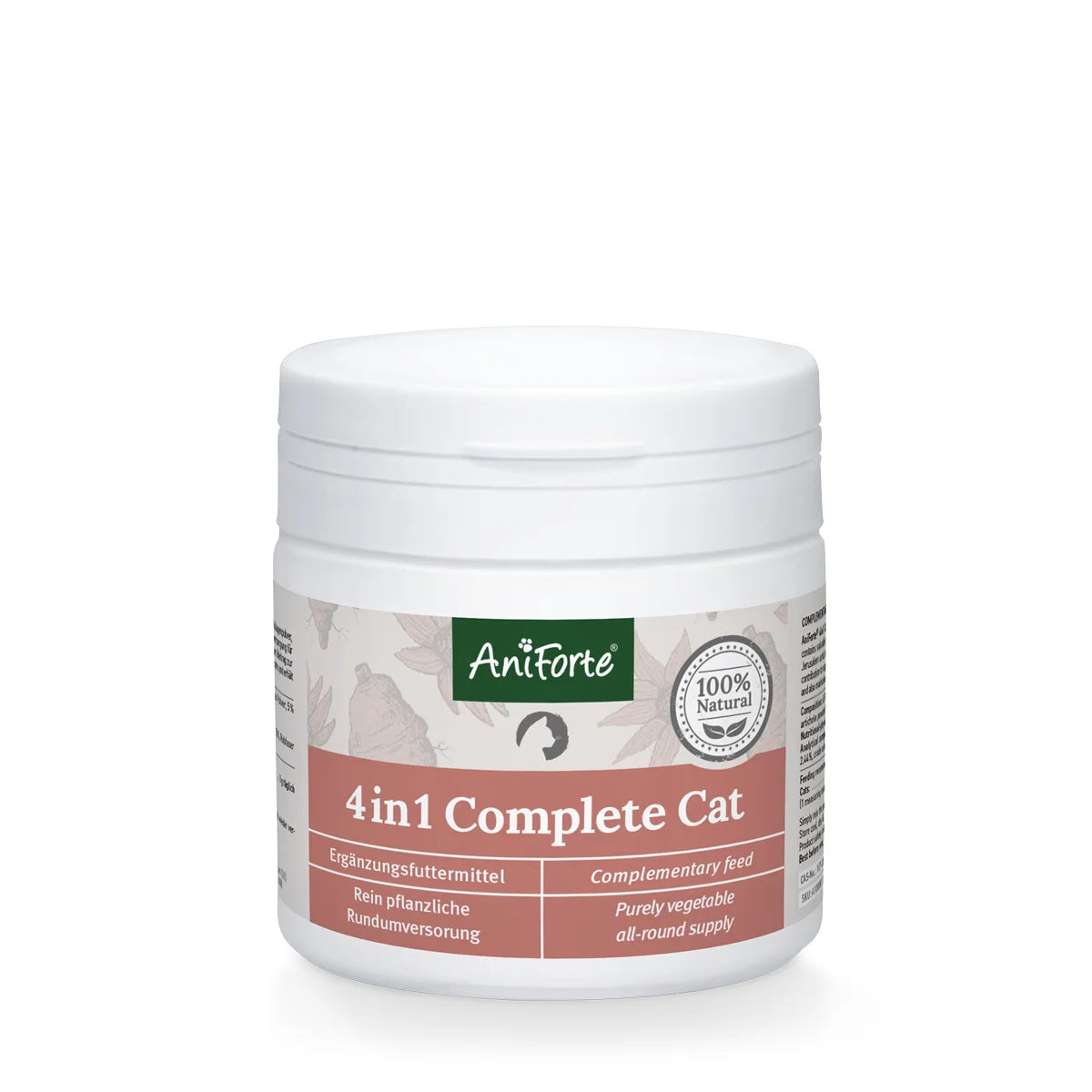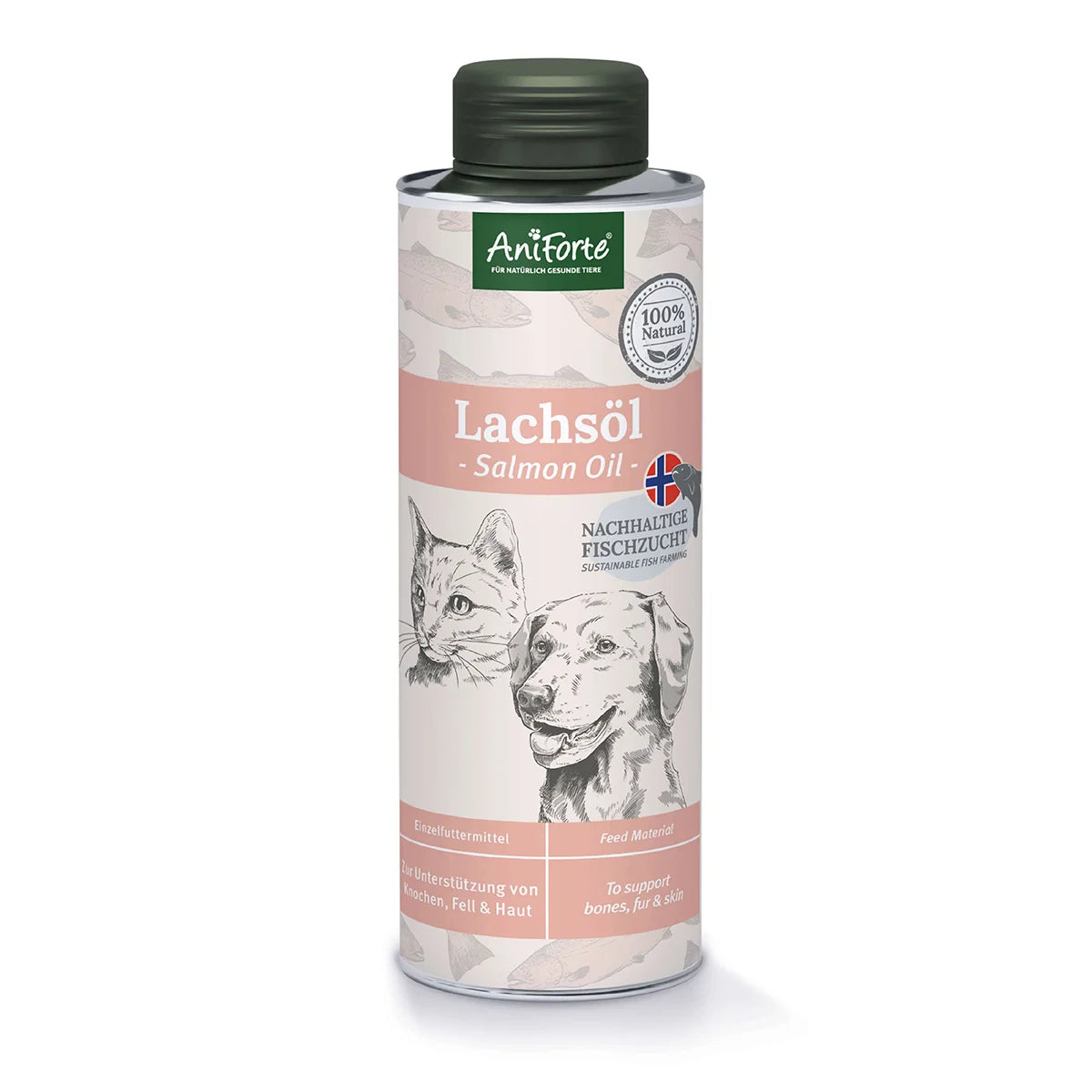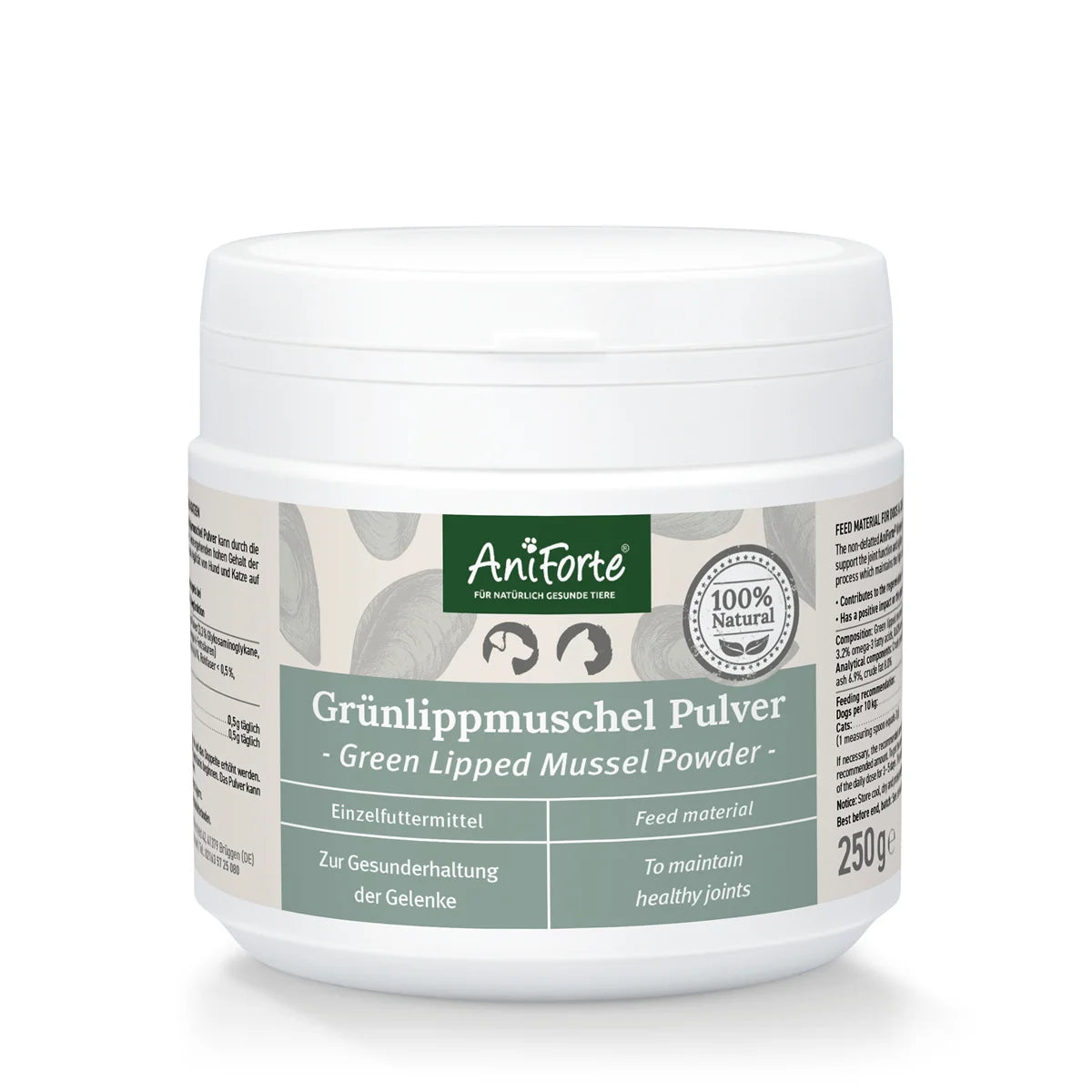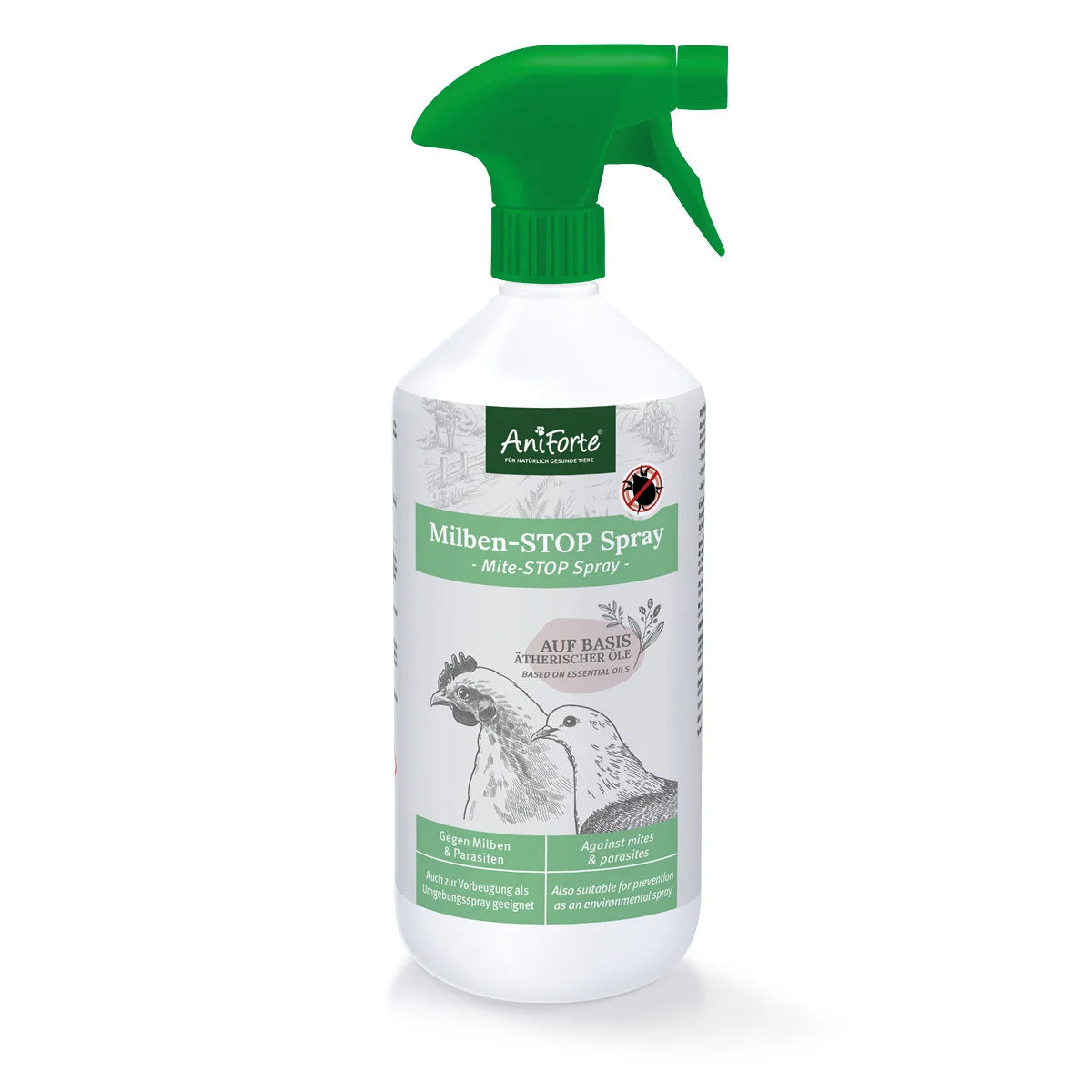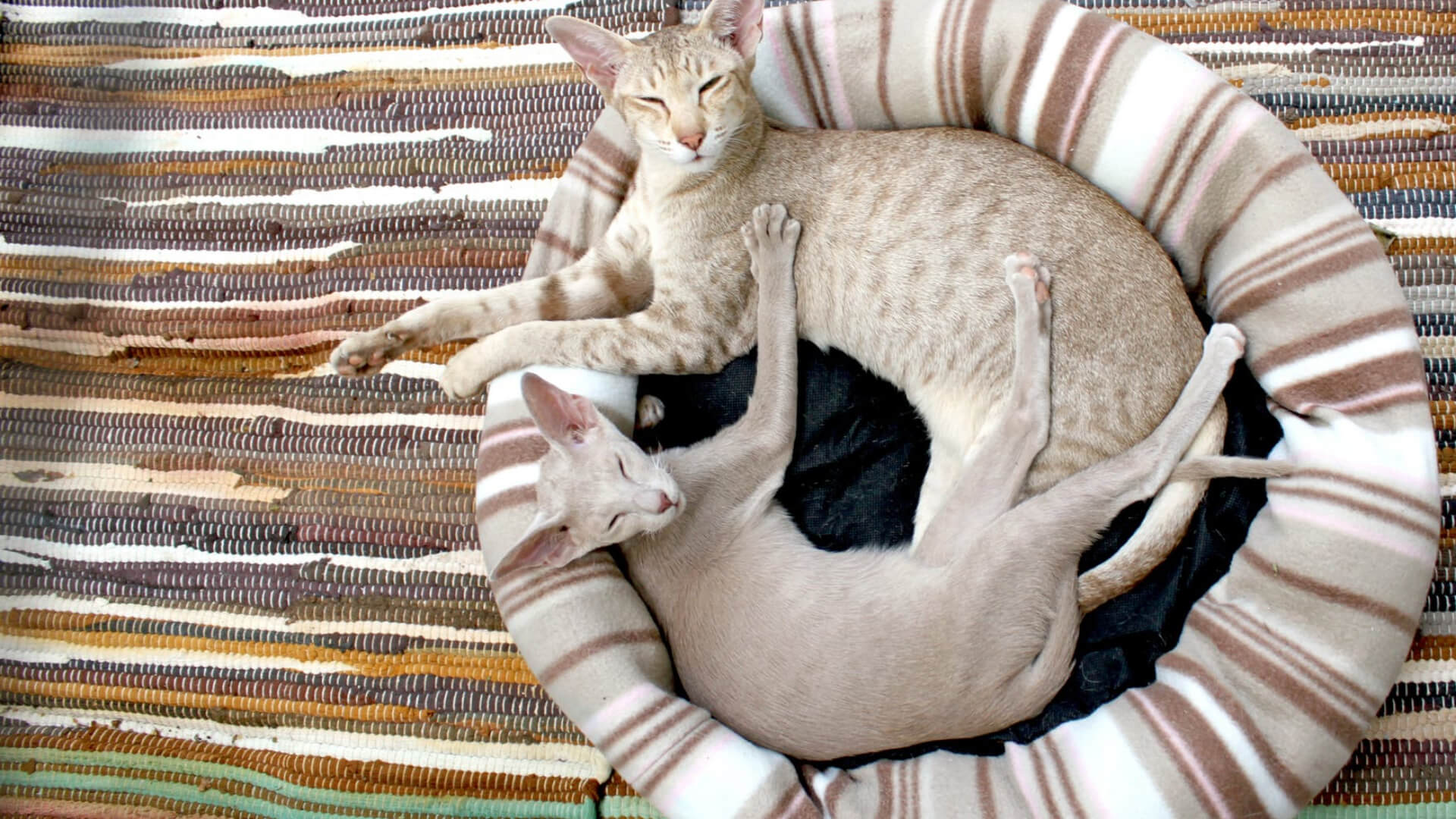Much as with humans, horses can suffer from problems in their joints, hips and overall skeletal structure, especially later in life. Despite being bred for an active lifestyle, even these proud creatures can develop musculoskeletal conditions like arthritis in old age, and just like humans, the symptoms are most keenly felt during the colder, wetter months, from August to February.
Thankfully there are a number of ways to protect your pet from this, and starting a few basic regimens with your horse earlier in life will go a long way to ensure its long-term health and happiness.
First of all, prevention is always better than cure. Arthritis doesn’t just develop overnight. It happens over a lifetime.
Here are a few basic tips to prevent Arthritis in your horse:
- While horses are extremely hardy and powerful creatures, even they have their limits that may not always be apparent to a new rider. Overweight passengers, placing an excess of saddlebags on the animal or having several riders at once may cause excessive and dangerous strain on your horse’s back depending on the weight added. Avoid putting more strain on your animal than it can handle.
- While it’s quite unlikely, given a typical horse’s active lifestyle, a horse that is overfed and under-exercised can grow fat, which will also cause a similar strain on the animal’s musculoskeletal system - as well as its heart.
- Chronic inflammation of the joints is the key cause of arthritis in horses. Be sure to check your animal every day for signs of swelling in key areas such as the legs, knees, and neck, as adjustments to the horse’s lifestyle along with treatments from your local vet can potentially alleviate this before it takes a toll on their longevity.
At Aniforte, we recommend using a supplement such as AniForte® Joint Force to help your horse stay in its best form.
Containing over 160 active ingredients, AniForte® Joint Force Supplement is an ideal addition to your pet’s diet. It helps preserve mobility and flexibility in the joints, as well as increasing bloodflow - a very important aspect of your pet’s wellbeing as horses can easily suffer circulatory problems. It also offers pain relief, and is capable of aiding both digestion and metabolism.
Caring for horses in the winter:
While most 'grown-up' horses won’t need special protection in the winter, the ones who could benefit from being blanketed properly would be the frail, ill, very young or older horses, especially once temperatures start hitting 40 degrees or below.
If your horse is thin or exhibiting signs of stress and tiredness during the day, it may be wise to blanket them as they will be spending most of their energy trying to compensate for the sudden drop in temperature.
The digestive process of a horse is a long, slow process that eats up a lot of energy, but also causes the horse’s body to warm up due to metabolism. Therefore, it is always wise to make sure your horse is given hay during colder months to prolong the time it takes to digest as it has a positive effect on the amount of heat gained through metabolism, keeping the horse warm.
